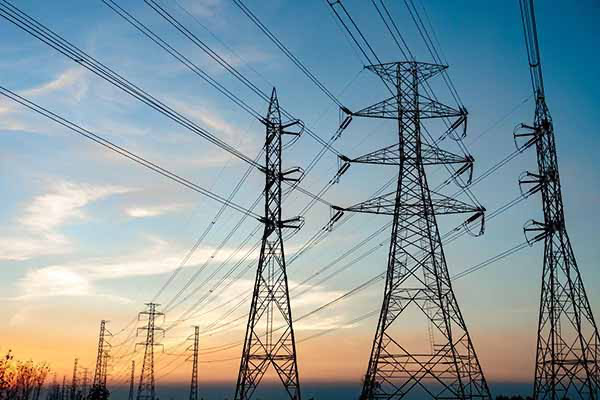KEY POINTS
- South Africa’s upcoming mini-budget will outline details on an independent power transmission pilot project.
- The project is aimed at addressing the country’s ongoing energy crisis and modernizing the national grid.
- This pilot initiative marks a significant step toward energy reform and could attract private sector investment.
The much anticipated mini budget in South Africa to be released in the next month is expected to shed more light on an independent power transmission pilot scheme.
This scheme is one of the many programs of the government to respond to the energy crisis of the country and to transform the weak national electrical network. The project could be an example of other future reforms designed to restore the energy sector and attract private capital.
The mini-budget, to be presented by Finance Minister Enoch Godongwana, arrives at a time when the energy sector in South Africa is at a crossroads. Decades of power rationing, blackouts, and fiscal troubles at state-owned electricity company Eskom have hurt the economy and discouraged people.
The government has been under pressure to bring about real changes that would help reduce the persistent energy deficits.
Independent power transmission: a step toward reform
The independent power transmission pilot project is likely to be one of the focal schemes of the mini-budget. The project will empower private companies to produce electric energy and sell it directly to the national grid instead of Eskom monopoly.
As reported by Engineering News, the idea is to bring more competition and efficiency in energy sector and, at the same time, to make the supply of electricity in South Africa more reliable. The pilot project will be conducted and, based on the results, may be scaled up on a national level.
South Africa’s energy crisis, what needs to be done?
The energy crisis in South Africa has turned into severe economic and social problem with load shedding taking place quite often and affecting people’s lives and companies. Eskom has suffered from poor financial performance and aged generation and transmission facilities that have left it unable to provide the energy needs of the country.
Therefore, there has been increasing concern with the exploration of other energy sources and the processes of privatization.
The pilot project for independent power transmission could be a first step towards more private sector participation in generation, distribution and maintenance of power. It also seeks to increase the nation’s grid capacity which is currently running at suboptimal levels.
Investment prospects in private sector
Another objective of the pilot project is to mobilize private capital for investment in the energy sector of South Africa. The government has invited private players into certain segments of the national grid in a bid to enhance innovation, efficiency and to ease the pressure on Eskom.
The project is in line with the governments overall policy direction of promoting a diversified energy market that incorporates renewable energy such as solar and wind energy.
South Africa has vast renewable energy resource base and the private sector can tap into this resource base in a way Eskom has not been able to do.
It is also regarded as necessary for achieving climate targets in South Africa and decreasing the country’s dependence on coal, which is still the most used fuel.
Anticipation of the mini-budget
With mini-budget approaching, the industry players and investors are waiting for more information regarding the independent power transmission project. It is hoped that this pilot will form the basis for a far-reaching transformation in the energy sector in South Africa.
Despite these challenges, the pilot is a move in the right direction towards long term energy security and sustainability with the challenges being mainly regulatory issues and the requirement of large capital investments.
But if the government remains committed to carrying on with the development of renewable energy power and foreign investors indicate some level of interest in the nation’s energy sector then the future in South Africa might just be brighter.



